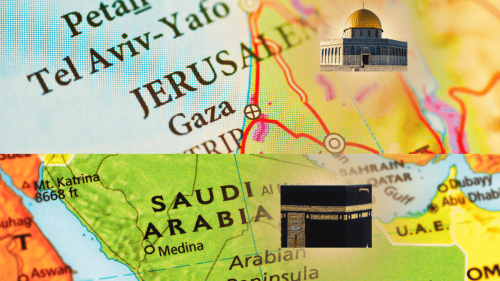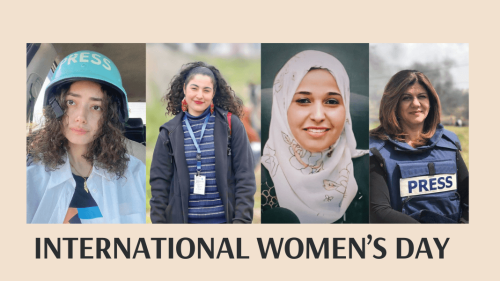The Law Behind Muslim Women's Handshakes

A Brit once asked an old wise Muslim man, "Why Muslim women don't shake hands with all men?" The old man brilliantly answered, "Can anyone in England shake the Queen's hand?" The Brit answered, "Absolutely not!" Additionally there is a law that allows only seven kinds of people among the Queen's courtiers who can shake her hand. The wise man quickly said, "We too have a law that permits only ten kinds of people who can shake a Muslim woman's hand and are allowed to see her hair, whereas the rest of the people can't." Here is the list:
1) The father, 2) Brothers, 3) Grandfathers, 4) The husband 5) The sons/stepsons, 6) The son-in-law, 7) The father-in-law, 8) The uncles, and 10) The nephews.
It's worth noting here that the same applies to Muslim men when interacting with people who are not close relatives. So, next time you are around Muslim men and women, you may notice that they keep their gaze down, avoid shaking hands, or refrain from mingling with members of the opposite sex.
Just remember, if you are non-Muslim, you should know that this is not meant to offend or be disrespectful. Instead, recognize and respect other people's religious and cultural customs.
Five years ago, a University of Auckland, New Zealand professor was fired after trying to force a Muslim student to shake his hand and then accusing her of sexual discrimination when she refused his advances. Shortly after, Mahvash Ali, a Muslim columnist wrote an Op-ed (Stuff, New Zealand, March, 2018) in defense of the female Muslim students where she succinctly put it, "I'll greet you my way so please don't give me a hand."
Mahmoud El-Yousseph is a Palestinian freelance writer and retired USAF veteran. He could be reached at: [email protected]
Topics: Muslim Women, Ummah (Community) Values: Gratitude
Views: 2160
Related Suggestions

















